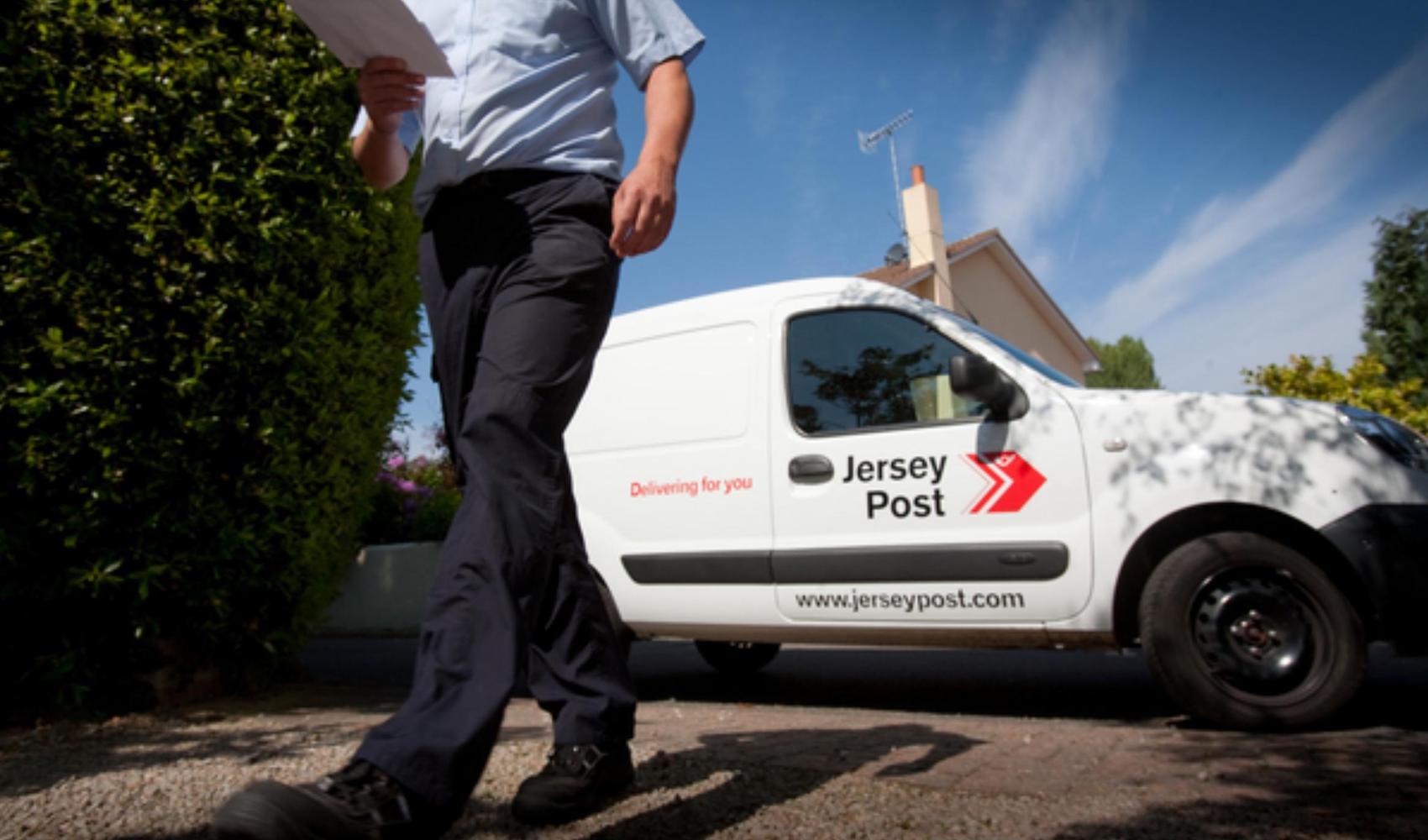


Islanders could be invited to invest their own money to help reduce public debt, if Ministers adopt an idea being put forward by backbenchers.
They want the Government to explore the idea of selling bonds to investors, as an alternative to drawing down its overdraft with banks, called a Revolving Credit Facility.
In the Government Plan 2021-24, which States Members will start debating today, Ministers set out how they plan to meet the £406m cost of responding to the covid pandemic.
The answer, after receiving guidance from their panel of economic advisers, is to borrow from the RCF.
But Scrutiny - in the form of an ad hoc panel set up to review the plan - wants the Government to widen its thinking.
It has proposed an amendment to the plan calling for a sale of “community bonds” as well as a programme of selling assets, such as buildings, land and shares in States-owned businesses such as JT, Jersey Post and Andium, to also help plug the debt hole.

Pictured: The Government could sell shares in public-owned companies, such as Jersey Post, say Scrutiny.
Scrutiny expects these measures to reduce the level of borrowing from the banks by a third.
On the issue of community bonds, the panel says: “During the covid pandemic and accompanying recession, the issuance and investment of bonds has been used by some governments and private businesses to quickly raise money to pay off debts accrued as a result of policies to combat the spread of the virus.”
Chaired by Senator Kristina Moore, the panel highlights examples where bonds have been issued, including Guernsey.
“In October 2020, it was announced that the States of Guernsey would issue a new community bond, overseen by the investment firm Ravenscroft, in January 2021.
“Known as the Guernsey Together Bond, the proceeds generated will be used to help fund the island’s ‘Revive and Thrive’ recovery plan, and is expected to raise up to £50 million through an offer “designed to and constructed to be attractive to individual local investors”, following the approval of action to raise money through local investment by the island’s Policy & Resources Committee in May 2020.”
The panel thinks another useful example is the EU’s ‘SURE’ programme, a bond-issue to tackle unemployment and support access to healthcare.
“When the bonds first launched in mid-October, they received the largest ever order book in global bond markets, with investors placing bids of more than €233 billion, far exceeding the €17 billion on offer,” the panel argues.
“This was due to the high yields of the bonds, which included ten-year and 20-year maturities and offered more income for investors than safe eurozone debt, as well as the EU’s strong credit rating and relative stability during the pandemic.”
Pictured: Scrutiny are conscious that the Government’s £400m covid borrowing is on top of the debt it will have to incur to build the new £800m hospital.
The Government has looked at the issue of bonds in the past, including to pay for the up to £804m new hospital. This was rejected as it wouldn’t raise the necessary funds but the Government did concede that it had not assessed the appetite among local investors.
At the time, Assistant Treasury Minister Lindsay Ash suggested that, if the interest rate was set at, say, 2%, the island could “probably get a huge appetite for a community bond”, but that it would not be “great business for us in Government."
But Scrutiny wants the Government to persevere with this option.
“The review panel is deeply concerned at the level of borrowing and decided to lodge this amendment to the Government Plan, to reduce the level of borrowing by one-third,” it says.
“It is mindful that the cumulative external borrowing requirement of some £444m has been established to 2024, in addition to infrastructure investment including ‘Our Hospital’, which is projected to cost over £800m.
“This strategy proposes borrowing up to £406m to 2022 administered through the RCF, which will in itself cost approximately £27m to set up. £336m from the facility is expected to be spent in 2021, with the remaining totals divided over the next three years.
“We are of the view that the intended level of borrowing is too high risk and ‘one- dimensional’ and therefore has lodged our amendment, seeking to reduce the level by combining borrowing with other strategies.”
Comments
Comments on this story express the views of the commentator only, not Bailiwick Publishing. We are unable to guarantee the accuracy of any of those comments.